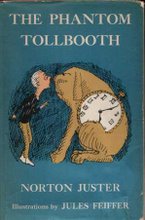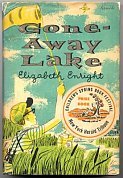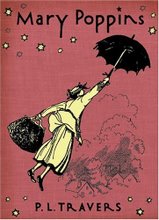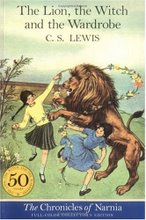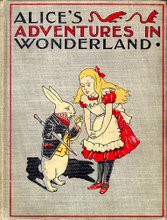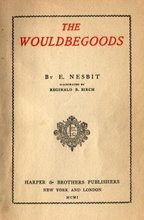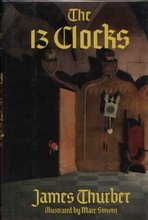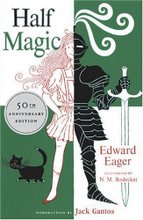
So, the kidlit threads and blogs are alive with the Gay Dumbledore saga... and in fact, it's fascinating.
One big question is HOW we teach when we have "secret information" from a living author. Information not in the text (though there's nothing in the text to refute).
Another issue is whether Rowling chickened out. Whether she should have/could have been more opaque, more detailed in her exposure of Dumbledore's romantic life.
A third topic is whether this suits the needs of the nasty-minded, since Dumbledore was an older man, a priest-model, and Harry a young orphan in need of love.
A fourth is whether Dumbledore (if he is in fact gay) is the ONLY gay man in the wizarding world.
And my thoughts? I think that Rowling didn't *know* her headmaster was gay in book one, but that by book 6 or 7 she was envisioning him as a gay character. I'm guessing that she made this apparaent in an early draft, and was edited down. If this is all true, I'm glad she outed him at Carnegie Hall (in any case, really) since I think the HP7 audience is exactly the population that needs to be more open to discussions of identity/lifestyle.
What makes me sad is that a heartfelt scene about Dumbledore's struggles against the stigma would totally fit into the book. In book 7, Dumbledore gets unearthed and destroyed in the press, and it would make perfect sense iof he love life came out in that process. It would further make sense for Harry to struggle with this a little, and to then ASK Dumbledore about it in his dream/post death conversation with the headmaster.
And this would have been such a good way for Dumbledore to create a GOOD stereotype as an older gay man. To show the world that because his lifestyle was so hated (like Lupin, actually) in the wizarding world, he was denied a chance to marry and have kids, and so became the headmaster of Hogwarts (instead of minister of magic), where he could put his love of children to good use.
Which ties it all together. Dumbledore pours his love into Harry in such a healthy way NOT because he's a dirty old man, but because he's been denied a family by the closed-minded world around him. This Harry would be able to understand I think, after being hunted/hated himself.
I feel like Rowling missed her shot. But I'm glad she's outing him now.














